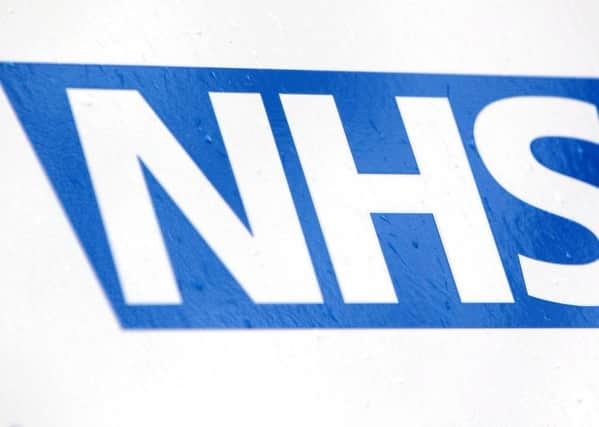YP Letters: Sharing knowledge helps improve NHS and save money


Can we extend an invitation to your columnist Tom Richmond to attend the NHS’s “Innovation Expo 2017” as his article “Wrong Remedy” (The Yorkshire Post, September 17) suggests he did not attend this year’s event?
If he had, then he would understand how sharing the latest in genomics is leading to life-changing benefits for families affected by congenital illness; how using digital technology can transform the workload of nurses, cutting bureaucracy and giving them more time with their patients; and how the latest information system for managers, NHS “Right Care”, can help them compare how they are doing against the best in the country, ensuring they improve care for patients and are as efficient as possible for the taxpayer.
Advertisement
Hide AdAdvertisement
Hide AdLuckily, more than 5,000 people from across the NHS did attend and, if they worked for the NHS, they did so for free. What Tom Richmond did not understand was not only is “Innovation Expo” free to all NHS staff but it funds itself, including helping to fund the role that he criticises. The person charged with running Innovation Expo is also responsible for spreading this learning all year round.
The position is based in Leeds, a recognition that the talent to inspire the current generation of NHS leaders can be found in Yorkshire.
From: Iam Smith, Bradford.
A GOOD article by Tom Richmond about profligate NHS spending. I recently emailed a number of health specialist organisations about infection control; specifically whether it’s acceptable for hospital staff – any staff, including doctors – to wear their uniforms going to and from work in hospital, and when en route also shopping, using public transport etc. I referred to particular occasions.
The reply from NHS England was this: “NHS England commissions primary care services such as GPs, Dentists, Pharmacies, Opticians and some specialised services. Hospitals and hospital services, referred to as secondary care, fall outside the remit of NHS England...”
Advertisement
Hide AdAdvertisement
Hide AdAttached was a Department of Health Uniform and Workwear policy that, on reading, does clarify good and poor practices – albeit not requirements.
So – strikes apart – with profligate spending by NHS management and an apparent disrespect by medics for public and patient safety, there’s a long way to go to reassure us that health service priorities are sound.